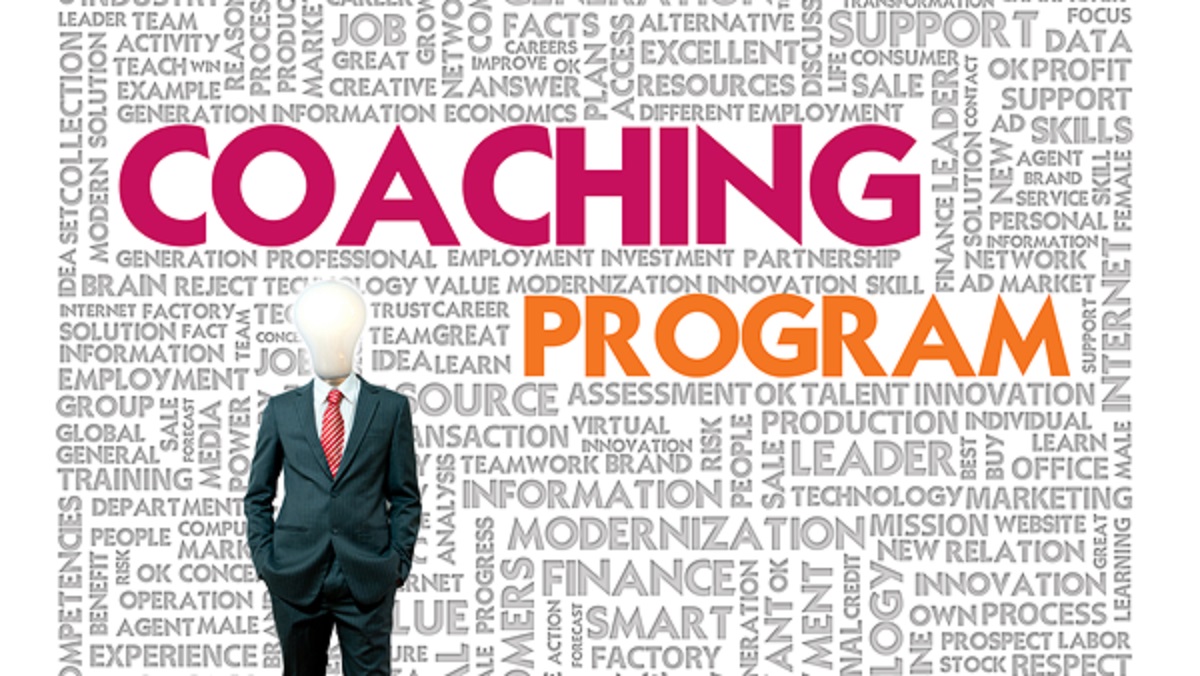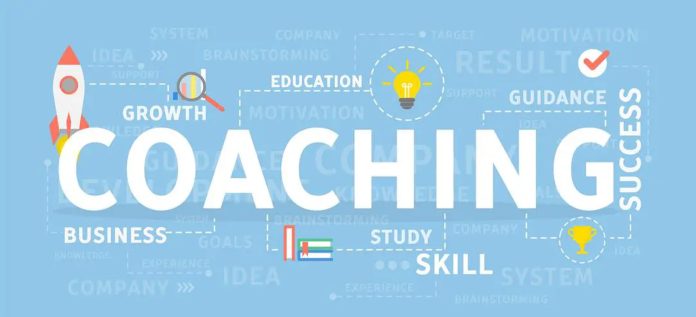- The desire of ordinary Indian citizens for education is not unknown. It is not uncommon for any citizen anywhere in the world to place a premium on quality education. Education, as has been correctly stated, not only empowers individuals to realize their potential but also enables them to stay current with current requirements. In keeping with the technologically driven modern world, citizens strive to ensure that their children do not fall behind in gaining adequate knowledge. This is also necessary to ensure that the country’s growth is on track. To achieve this, it is critical to ensure that the educational infrastructure is adequate, modern, and accessible to the majority of students.

PC: Sukhibhava
- As you are aware, parents place tremendous pressure on their children to excel in school to compete in highly competitive examinations. No wonder the majority of parents are willing to pay extra to send their children to coaching institutes to ensure they pass with flying colors. We have Kota-style exam prep factories that precisely assist students in passing difficult entrance exams but at a high future cost. Let’s dig a little deeper to see how this works out. According to recent reports, India’s 23 IITs are the country’s most internationally respected higher education brands. Around 43,700 of the approximately 11 lakh students attempting to gain admission to these elite institutions this year have passed the JEE Advanced hurdle.
- With a pass rate of only 0.04%, successful students and their families are understandably overjoyed. So, too, are the coaching institutes that were instrumental in many of the victories. According to Kota Institutes, their students have won 50 of the top 100 spots. However, they face competition from across the country. This year’s winner, V Chidvilas Reddy, trained in Hyderabad, while last year’s winner, RK Shishir, trained in Bengaluru. Shishir stated emphatically that coaching is now a requirement. Nobody can deny this. This is by no means unique to engineering. Medicine is similar. Indeed, when a state like Tamil Nadu wants to assist more government school students in passing the NEET, coaching programs are a part of the new policy.

PC: Cathy Liska
- The UPSC exam, which recruits central government Group A officers with a success rate of less than 0.5%, is also inextricably linked to coaching factories. Nonetheless, despite being based on rote learning, this industry is not confined. Rather, it is agile and adaptable. However, due to a lack of quality higher education seats, parents continue to feel pressured to put their children through the coaching grind mill, even when they can see the toll it takes on their children’s school years. However, while the benefits speak for themselves, the costs are not insignificant. The time has come to reintroduce inventiveness, creativity, and humanity into the learning process. This is a significant challenge for the country’s changing educational ecosystem today.






